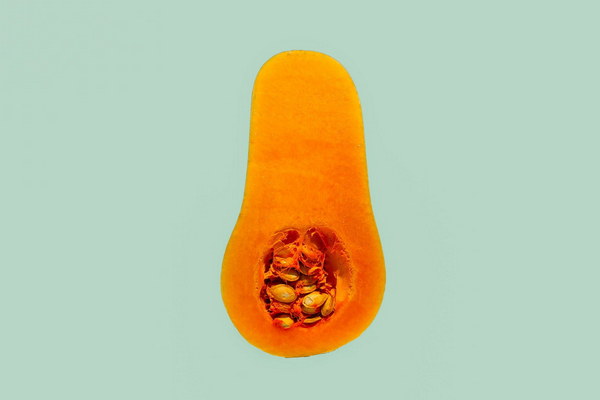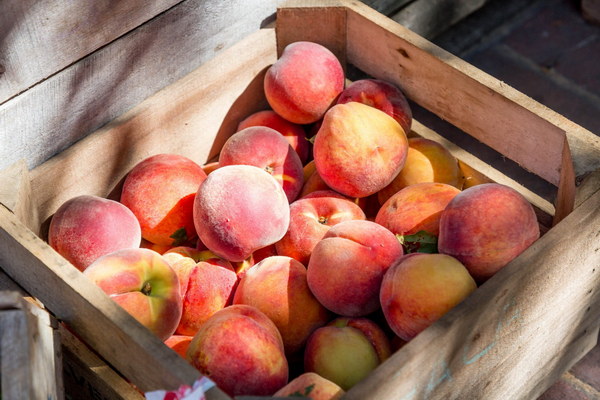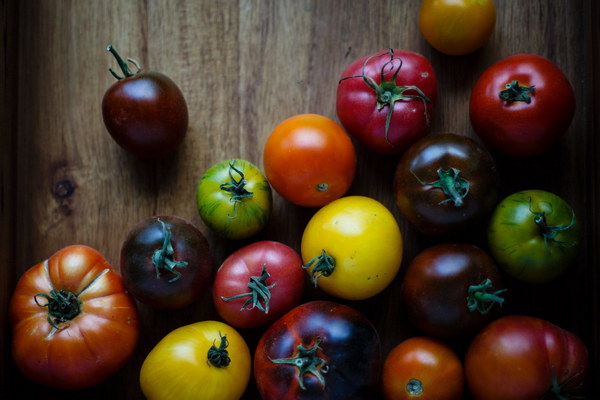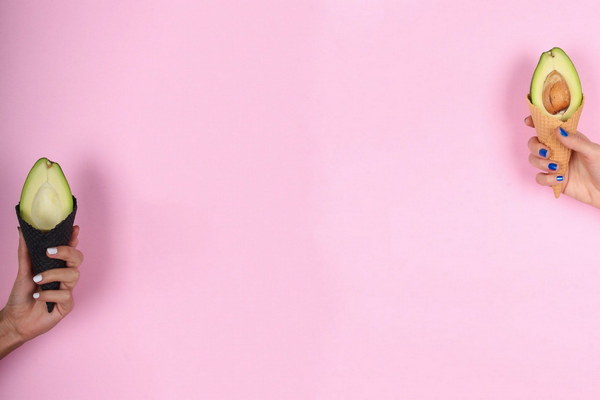Nature's Moisture-Wicking Vegetables A Guide to Detoxifying Foods
In the quest for a healthier lifestyle, many of us are turning to natural remedies and holistic approaches to boost our well-being. One such approach is incorporating moisture-wicking vegetables into our diet. These vegetables are not only delicious but also packed with nutrients that can help eliminate excess moisture from the body, thereby promoting better health and vitality. In this article, we will explore the wonders of moisture-wicking vegetables and how they can be a valuable addition to your diet.
Understanding Moisture-Wicking Vegetables
Moisture-wicking vegetables are those that have the ability to absorb and eliminate excess moisture from the body. This is due to their high water content and natural diuretic properties. By incorporating these vegetables into your diet, you can support your body's natural detoxification process, improve digestion, and reduce bloating.
Top Moisture-Wicking Vegetables
1. Asparagus
- Asparagus is a rich source of fiber and potassium, which helps in flushing out toxins from the body. It also contains compounds that stimulate urine production, aiding in the elimination of excess water.
2. Artichokes
- Artichokes are well-known for their diuretic properties. They contain a substance called cynarin, which promotes the production of bile, an enzyme that helps in digestion and reduces bloating.
3. Cucumbers
- With a high water content, cucumbers are perfect for hydrating the body while also helping to eliminate excess fluid. They are also rich in vitamin C and potassium, which contribute to overall health.
4. Spinach
- Spinach is a nutrient-dense leafy green that aids in the elimination of excess water and salt from the body. It is also rich in iron, calcium, and magnesium, which are essential for maintaining healthy bones and muscles.
5. Parsley
- Parsley is a powerful diuretic that can help remove toxins and excess water from the body. It also contains vitamin K, which plays a crucial role in blood clotting and bone health.
6. Onions
- Onions contain sulfur compounds that can help in the elimination of excess fluid from the body. They also support the immune system and have anti-inflammatory properties.
7. Beets
- Beets are a rich source of nitrates, which can improve blood flow and reduce bloating. They also have diuretic properties and are high in potassium, which helps regulate fluid balance.
Incorporating Moisture-Wicking Vegetables into Your Diet

Now that you are familiar with the benefits of moisture-wicking vegetables, it's time to start incorporating them into your diet. Here are some ideas to get you started:
- Start Your Day with a Detoxifying Smoothie: Blend a handful of spinach, a cucumber, and a banana with a cup of water for a refreshing morning drink.
- Add Cucumbers to Your Salads: Cucumbers add crunch and hydration to salads, making them a perfect side dish for any meal.
- Use Parsley as a Garnish: Sprinkle fresh parsley on soups, stews, and roasted vegetables for an extra flavor boost and a diuretic kick.
- Include Asparagus in Your Dinner: Roast or steam asparagus with a touch of olive oil and lemon juice for a simple yet delicious side dish.
- Enjoy a Warm Artichoke Salad: Steam or roast artichokes and toss them with mixed greens, feta cheese, and a lemon vinaigrette.
Conclusion
Moisture-wicking vegetables are a natural and effective way to support your body's detoxification process. By incorporating these vegetables into your diet, you can improve digestion, reduce bloating, and enhance your overall health. So, the next time you're planning your meals, don't forget to include these wonder-foods in your grocery list. Happy eating!









